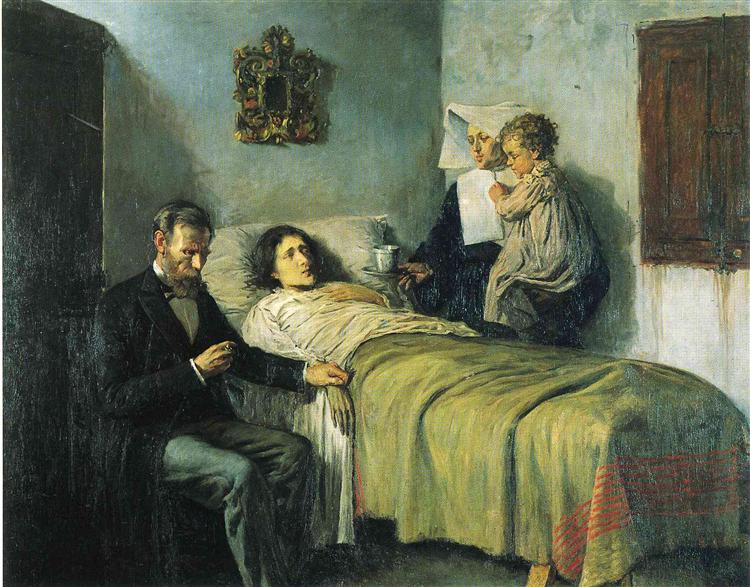The world breathed a collective sigh of relief at news that multiple vaccines against the SARS-CoV-2 virus that causes COVID-19 were found to be effective. No sooner had this news reached us before there was a moral greaseball gumming up the ethical works: Some of the vaccines were developed using cell lines originally derived from aborted children. For Christians who want to respect and cherish life, the use of cell lines taken from aborted children is a problem that must be addressed. This brief essay will discuss the ethical issues involved and argue for a way forward that allows us to honor the gift of life that God has given us.
Login to read more
Sign in or create a free account to access Subscriber-only content.
